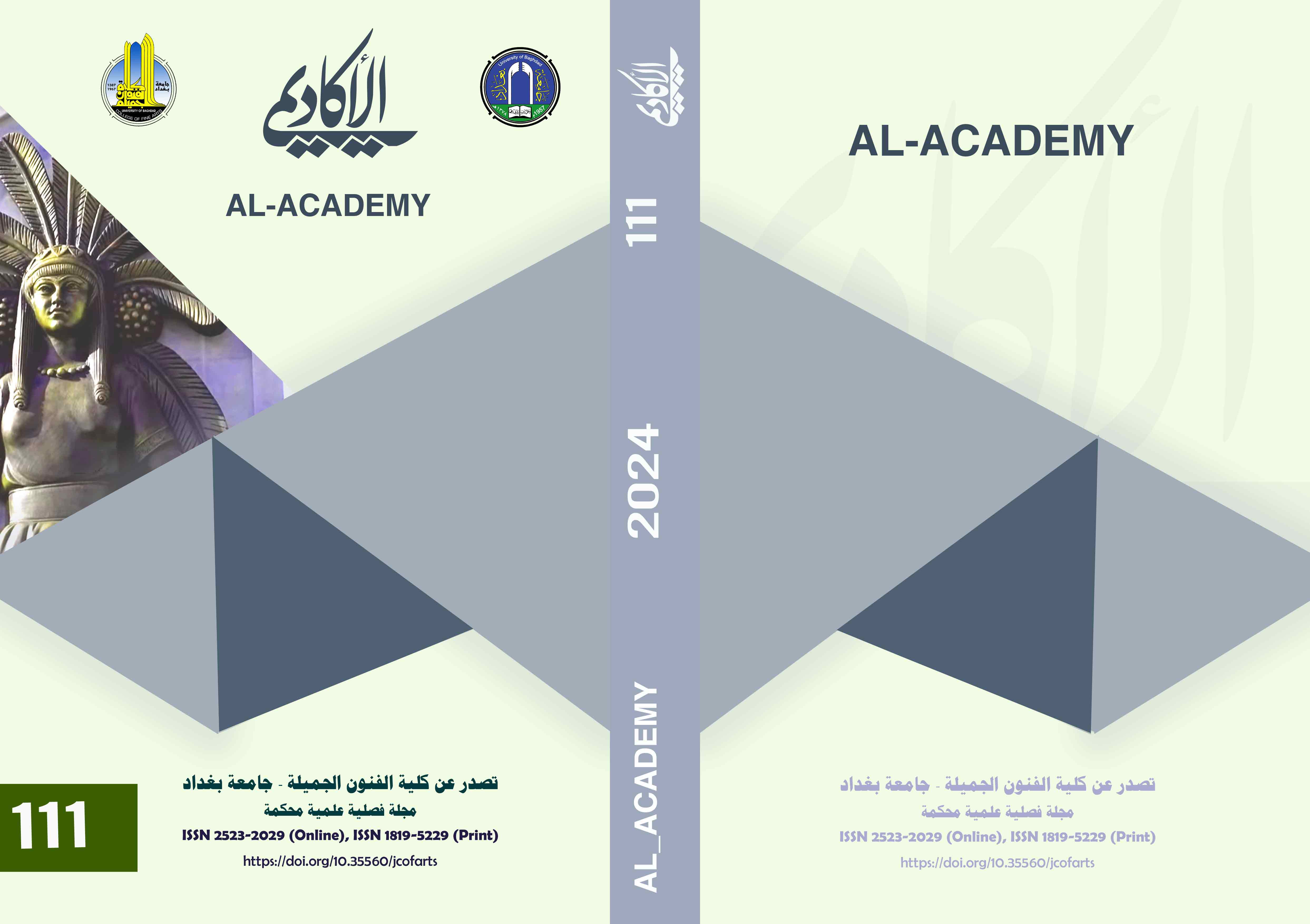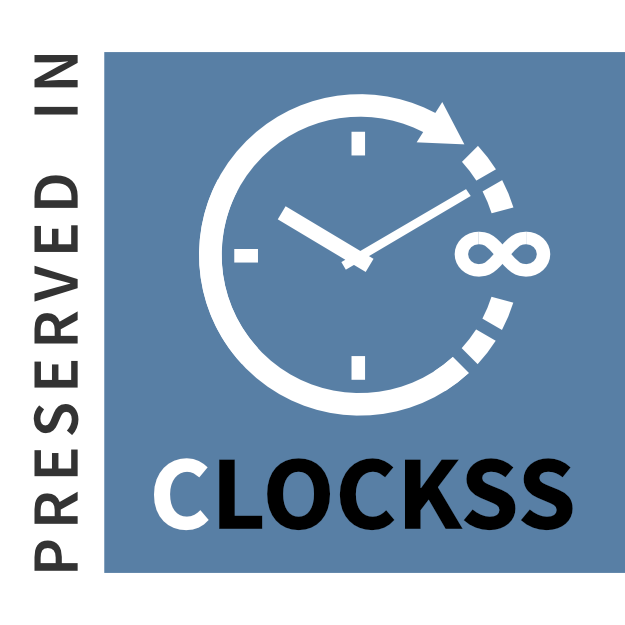Problem Solving Methods for Design Ideation: Building Creativity in Interior Design Projects.
DOI:
https://doi.org/10.35560/jcofarts1197Keywords:
Design Ideation, Problem-solving, Interior Design Students, Interior Design Process, Creativity MethodsAbstract
Interior design students face challenges in understanding creativity and applying it while designing. Many techniques and methods are taught to students to encourage the creative design ideation process. One of the most effective techniques that aid in creativity is the Creative Problem-Solving technique. This research aims to investigate and analyze the creative problem-solving method, and its relation to creativity. Specifically, it investigates how well do interior design students understand creativity and how to apply the creative problem-solving method correctly. In this context, creative problem-solving method is defined as a process in which designers create new problems for their projects, to be able to find new solutions for them. To gain a deeper insight about creativity and the creative problem-solving technique from the students’ perspective, an online survey was distributed, and an interview was conducted. The online survey was distributed to interior design students at different educational levels, and across the world. While the survey was conducted with a bachelor interior design student from University of Sharjah. The results aroused some unexpected questions and conclusions. The results showed that although students are confident of their creativity and aware about the creative problem-solving technique, they are still not applying it correctly and effectively.
References
Amabile, M, T. (2012). Componential Theory of Creativity. Harvard Business School.
Barnard, S. S. (1992). Interior Design Creativity: The Development and Testing of a Methodology for The Consensual Assessment of Projects.
Cho, J. Y., & Suh, J. (2020). Interior Design. Encyclopedia of Creativity, 685-694. doi:10.1016/b978-0-12-809324-5.23600-6
Corrigan, A. M. (2010). Creativity: Fostering, measuring and contexts. New York: Nova Science.
Cuadra, R. L. (2019). Understanding creativity: Past, present and future perspectives. New York, New York: Nova Science.
E. Najafi, M. A. Khanmohammadi, K. W. Smith. (2019). Architects and Engineers Differences: A comparison between problem solving performances of architects and engineers in the ideation phase of an analogy-based design. 29(1): 15-25.
Faulkner, R. N., Nissen, L., & Faulkner, S. (1994). Inside today's home. New york: Holt, reinhold and wilson.
Interior Design Process [An insight into a Pro Designer's Creative Process]. (2019, June 04). Retrieved November 06, 2020, from https://ulaburgiel.com/interior-design-process/
Jonas, W. (1993). Design as Problem-Solving? or: Here is the Solution - What was the Problem? Hochschule der Künste Berlin, D-1000 Berlin 12, Germany
Lee, H, J. (2017). Building creative confidence: lessons from an interdisciplinary course about creativity for first-year college students. University of Florida.
Phases of Interior Design Process: Are You Doing It Right. (2020, August 14). Retrieved November 06, 2020, from https://www.bluentcad.com/blog/phases-of-interior-design-process.
Piotrowski, C. M. (2011). Problem Definition and Analysis. In Problem solving and critical thinking for designers (pp. 35-58). Hoboken, NJ: Wiley.
Runco, A, M. (2007). Creativity : Theories and Themes: Research, Development, and Practice.
Rusu, M. (2018). Education: 1. Creativity and Problem Finding/Solving in Art. Review Nof Artistic Educatio, 16(1), 212-222.
Rusu, M. (2019). Review of Artistic Education: 1. Methods of Individual Creativity Stimulation. Review Nof Artistic Educatio, 18(1), 275-286.
Simonton, K, D. (2016). Defining Creativity: Don’t We Also Need to Define: What Is Not Creative? 52(1), 80-90.
Suh, J., & Cho, J. Y. (2018). Analyzing Individual Differences in Creative Performance: A Case Study on the Combinational Ideation Method in the Interior Design Process. Journal of Interior Design, 43(3), 9-23. doi:10.1111/joid.12124
Why Creativity is the Most Important Skill in the World. (n.d.). Retrieved November 06, 2020, from https://www.linkedin.com/business/learning/blog/top-skills-and-courses/why-creativity-is-the-most-important-skill-in-the-world
Wong, Y. L., & Siu, K. W. (2011). A model of creative design process for fostering creativity of students in design education. International Journal of Technology and Design Education, 22(4), 437-450. doi:10.1007/s10798-011-9162-8
Downloads
Published
Issue
Section
License
Copyright (c) 2023 Abdul Samad Rafiq Al-Khalidi

This work is licensed under a Creative Commons Attribution 4.0 International License.













